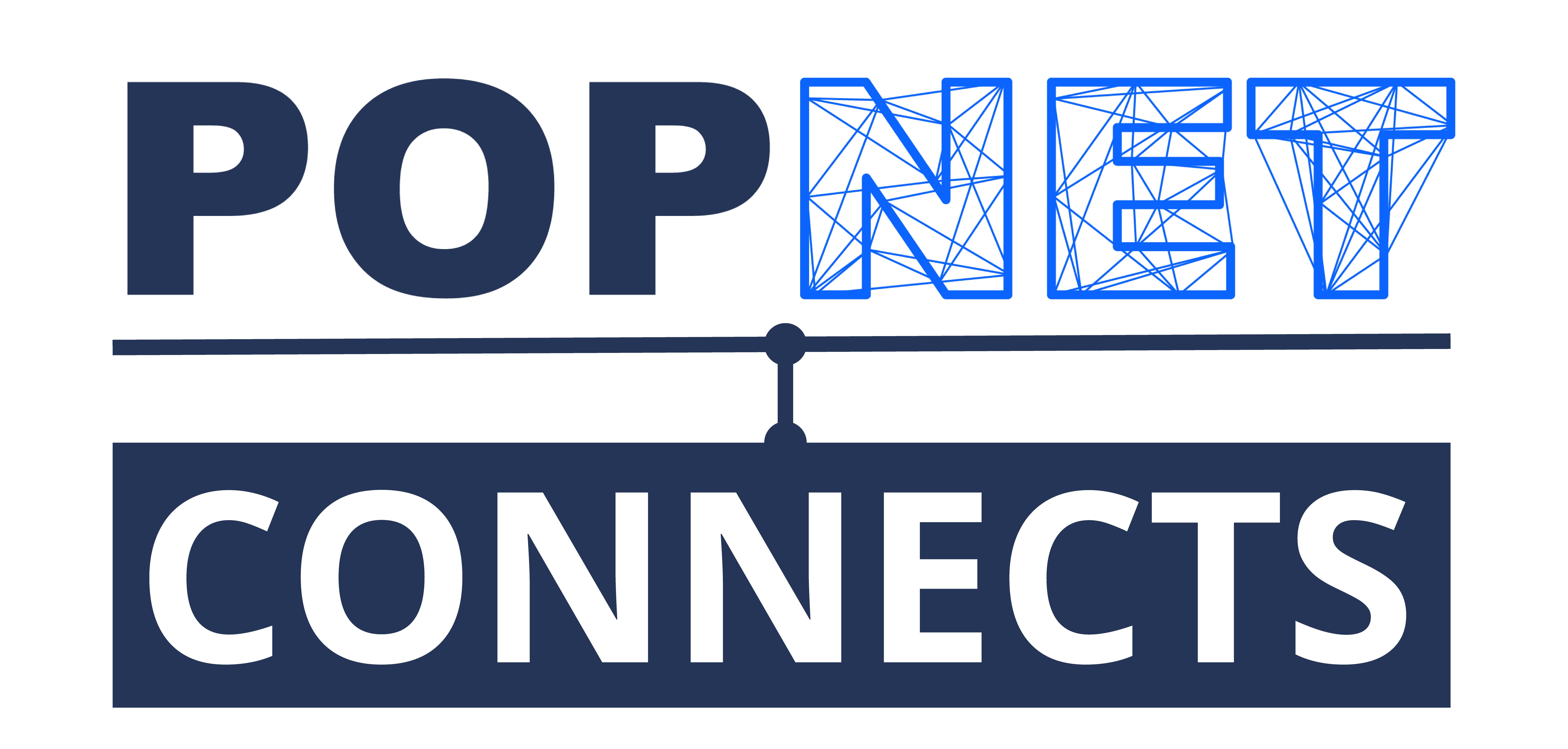Below you will find all the speakers that have given a lecture during one of the POPNET Connects seminars. Speakers of seminars that still have to take place are not listed below.
Interested in giving a lecture for our community during a POPNET Connects seminar? Please email us via popnet@uva.nl.
Bas Hofstra
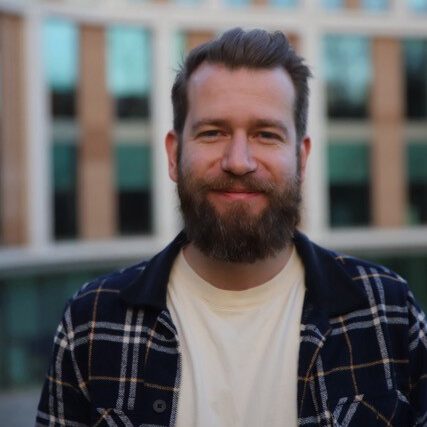
Bas Hofstra is Assistant Professor at Radboud University’s Department of Sociology. His work orbits the study of diversity, stratification, and innovation. It captures longitudinal systems of social and cultural exchange: from the gestation and birth of networks, careers, ideas, or innovations, to their use, up until their eventual cessation. As such, his work strives for three interrelated goals: (i) answering substantive questions on causes and effects of social networks, while (ii) contributing to social theory, and (iii) using computational methods and big data. His research appeared (among others) in PNAS, American Sociological Review, Social Forces, Social Networks, and Nature Human Behaviour, and was honored with several grants and awards.
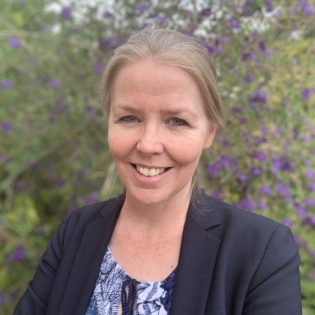
Miranda Lubbers
Miranda Lubbers (PhD from Groningen University, the Netherlands) is Professor in Social and Cultural Anthropology of the Autonomous University of Barcelona (UAB), Spain, director of the COALESCE Lab, and an ICREA Acadèmia fellow. Her research studies how social networks shape processes of social cohesion, polarization, and exclusion.

Michał Bojanowski
Michał Bojanowski is a computational sociologist (PhD from Utrecht University, the Netherlands), researcher and Assistant Professor, and R developer and trainer. His main research interests focus on (the dynamics of) social networks and mathematical/computational social science as tools for understanding conflict and cooperation. He is a researcher at the COALESCE Lab, Universitat Autònoma de Barcelona, participating in the Patchwork project, and an Assistant professor at the Chair of Quantitative Methods and Information Technology, Kozminski University.
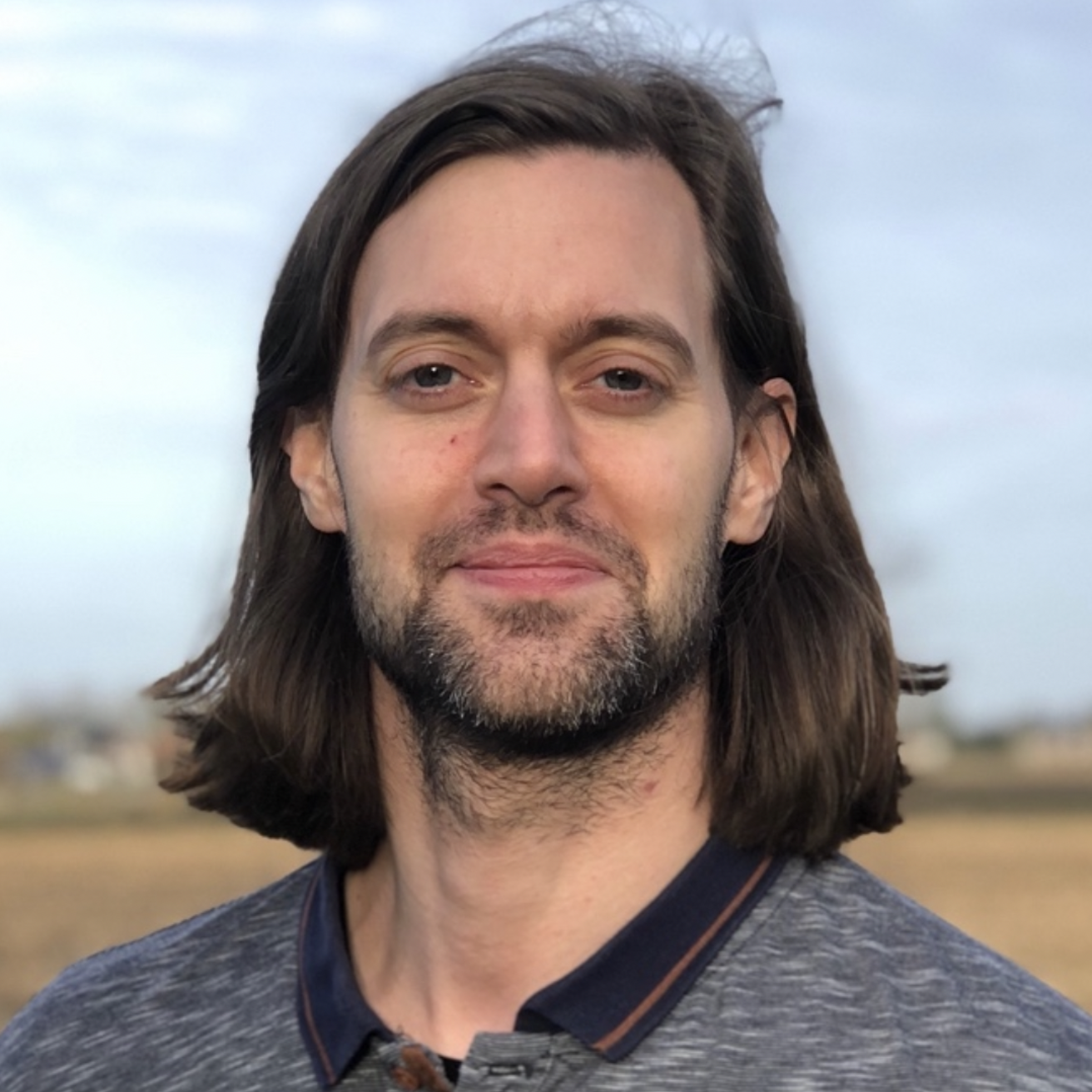
Gert Stulp
Gert Stulp is based at the department of Sociology at the University of Groningen. He studies causes of the variation in the number of children people have and would like to have, and employs diverse methods in his research including personal network data collection, simulation studies, and machine learning.
Ozan Candogan
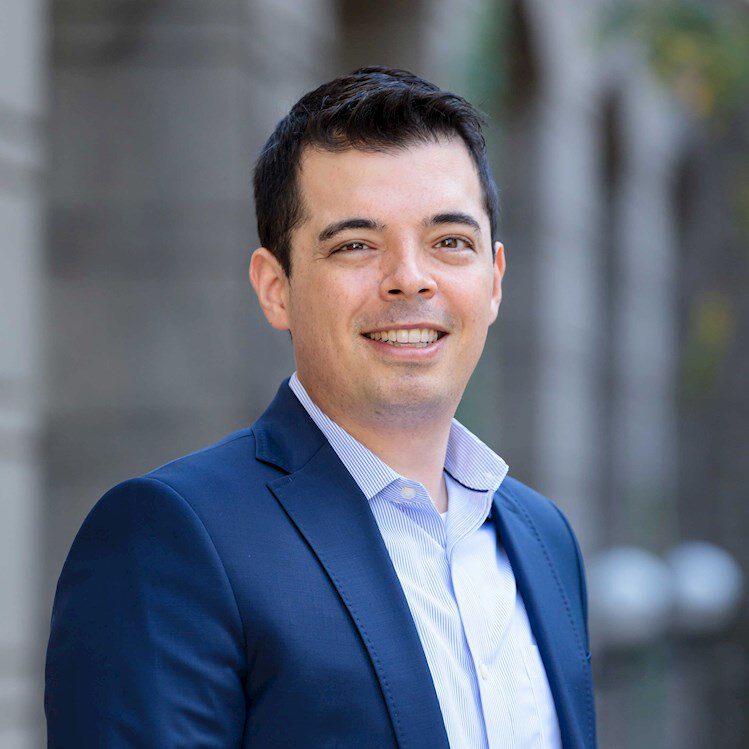
Ozan Candogan is a Professor of Operations Management at Chicago Booth. Prior to joining Booth, he was an Assistant Professor at the Fuqua School of Business where he was a member of the Decision Sciences area. He received his Ph.D. and M.S. degrees in Electrical Engineering and Computer Science from the Massachusetts Institute of Technology.
Candogan’s main research area is social and economic networks. His research covers two complementary themes. On one hand, he investigates the impact of networks on operational decisions: He studies how to leverage network data (such as data on social networks, mobility networks, and trading networks) to improve operational decisions (ranging from pricing to inventory management and from information disclosure to facility location), and sheds light on the value of such data in different operational settings. On the other hand, he develops novel approaches and tools for the analysis of complex social and economic systems; and explores their applications to characterization of equilibria and dynamics in games, study of equilibria and comparative statics in trading networks, and design of information disclosure policies. His research has applications to operations of online social networks, ride-sharing platforms, delivery platforms, two-sided marketplaces, supply chains, and online advertising platforms, among others.
Ozan Candogan is a recipient of the 2022 Revenue Management and Pricing Section Prize, and a finalist for the 2013 George Nicholson Student Paper Competition and the 2021 M&SOM Service Management SIG Prize. He was also a recipient of the 2009 Siebel Scholarship and the 2012 Microsoft Research Ph.D. Fellowship.
Sune Lehmann
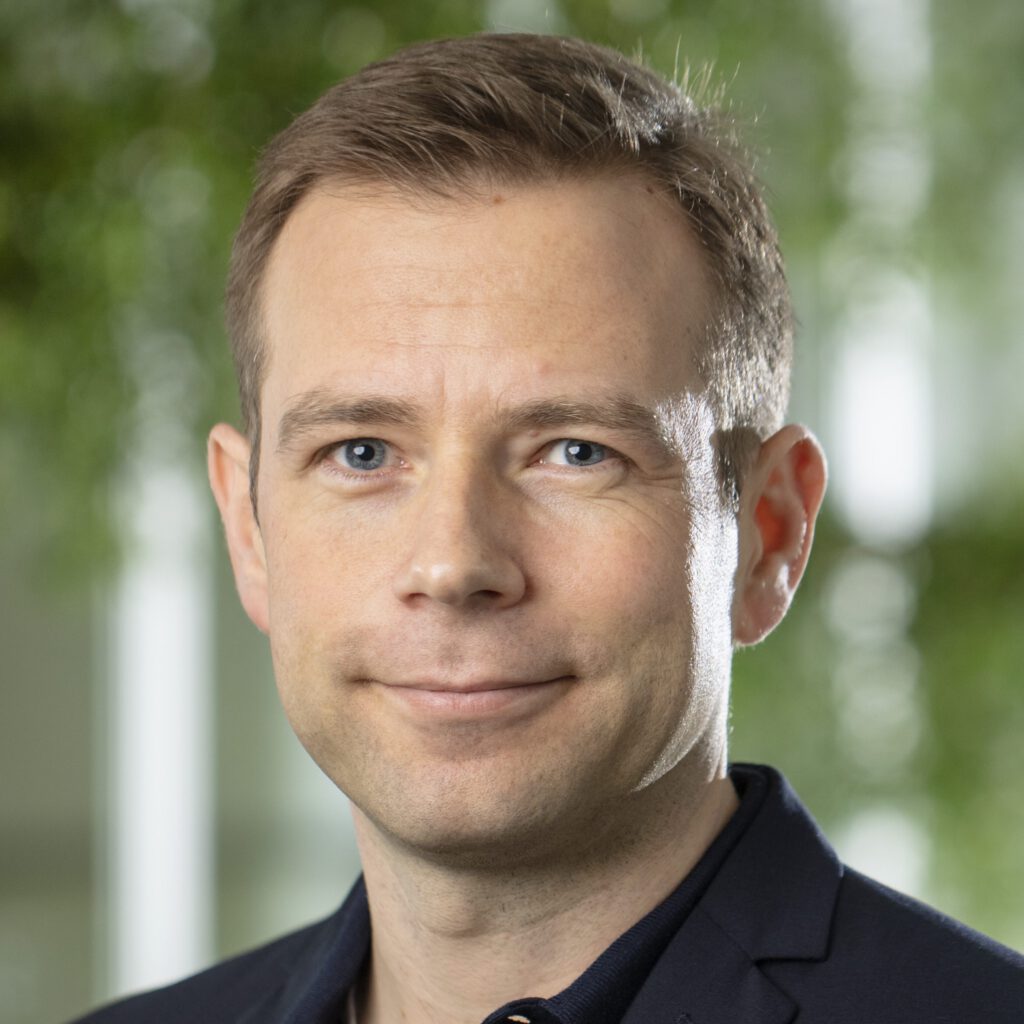
Sune is a Professor of Networks and Complexity Science at DTU Compute, Technical University of Denmark. He’s also a Professor of Social Data Science at the Center for Social Data Science (SODAS), University of Copenhagen. His work focuses on quantitative understanding of social systems based on massive data sets. A physicist by training, Sune’s research draws on approaches from the physics of complex systems, machine learning, and statistical analysis. He works on large-scale behavioral data and while his primary focus is on modeling complex networks, his research has made substantial contributions on topics such as human mobility, sleep, academic performance, complex contagion, epidemic spreading, and behavior on Twitter.
Ágnes Backhausz
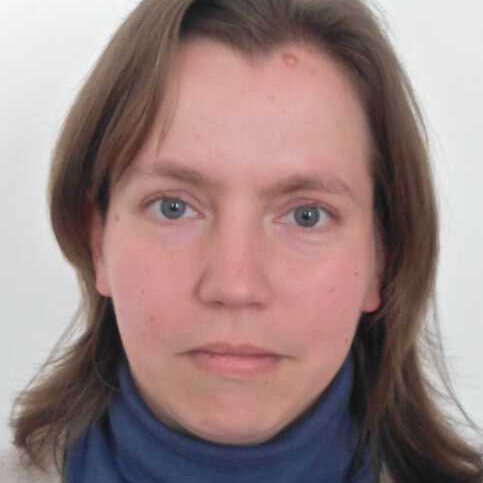
Ágnes Backhausz obtained her PhD in 2013 at ELTE Eötvös Loránd University, Budapest, Hungary, with a thesis on preferential attachment random graphs. As a postdoctoral researcher, she spent two years at Alfred Renyi Institute of Mathematics, working in the “Limits of Structures” research group. Her research topic includes random graphs, graph limit theory, and more recently epidemic spread on random networks. Currently she is an assistant professor at ELTE Eötvös Loránd University, Budapest, Hungary, and also a research fellow at Alfréd Rényi Institute of Mathematics.
Vincent Traag
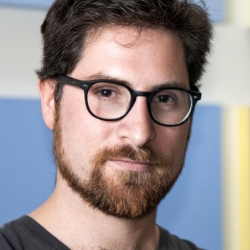
Vincent Traag is a senior researcher at the Centre for Science and Technology Studies (CWTS) of Leiden University in the Netherlands. He leads the research line on modelling the research system within the Quantitative Science Studies (QSS) research group. His main interests are mathematical models in the social sciences with a focus on (social) networks. In addition to his scientific research, Traag also acts as a bibliometric consultant at the CWTS.
Traag obtained his Master in sociology (cum laude) from the University of Amsterdam (2008). Coming from a computer science background, and taking up mathematics during his studies in sociology, he went on to obtain a PhD in applied mathematics in Louvain-la-Neuve, Belgium (2013). During his PhD he studied methods for detecting communities in complex networks, resulting in a Python software package. In addition, he applied this methodology in several fields across the (social) sciences, ranging from citation networks to international relations. He joined the CWTS in 2015.
Floris Vermeulen
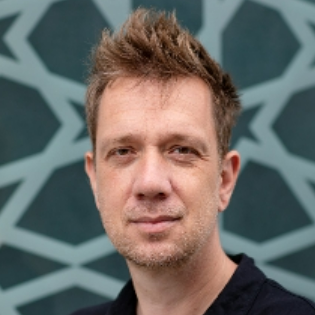
Dr. Floris Vermeulen is associate professor (universitair hoofddocent) at the department of political science at the University of Amsterdam . He has been chair of the department of Political Science (2015-1017) and co-director of the Institute for Migration and Ethnic Studies (IMES) (2011-2014) and co-programme group leader of Challenges to Democratic Representation of the Amsterdam Institute of Social Science Research (AISSR) (2011-2014). He studied Economic and Social History at the University of Amsterdam. His dissertation (Cum Laude) was published in the IMISCOE-AUP publication programme, entitled The immigrant organising process. Turkish organisations in Amsterdam and Berlin and Surinamese organisations in Amsterdam 1960-2000.
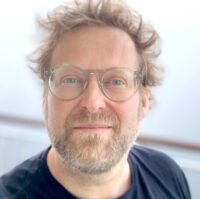
Tamas David-Barrett
Tamas David-Barrett is an evolutionary behavioural scientist, whose research asks what traits allow humans to live in large and culturally complex societies. He is especially interested in the architecture of social networks, and the evolutionary origins of social network building traits. Tamas’s structural micro-foundation theory offers a new understanding of human societies, and brings biological and social science models under a shared umbrella.
Currently, Tamás is based in Oxford where he teaches at Trinity College. He was educated in London, Cambridge, Jerusalem, and Budapest. Before becoming an academic, he ran a research consultancy and worked all around the planet. He recently finished his book, Matriocracy: The Science of Gender Rules. He is the host of the State of Species annual lecture, and is currently working on a new book: How to Think Scientifically, which tells the natural history of social and scientific truths.

Naja Hulvej Rod
Naja Hulvej Rod is Professor of Epidemiology and Chair of the Section of Epidemiology, University of Copenhagen. She is leading the Complexity and Big Data Group, which aim at studying the social and biological factors determining health and disease across the life span. She has extensive expertise in working with longitudinal datasets, register-based research and complex modelling including social influences and group dynamics. To embrace complexity in epidemiology, she actively explores new sources (e.g. smartphones and geocoding) of ‘big data’, incorporate system thinking and leverage insights across disciplines, and she has been involved in several citizen science projects with a direct societal engagement and impact. Naja Hulvej Rod is PI of the Danish Life Course Cohort (DANLIFE) Study, the Well-being in Hospital Employee Cohort (WHALE) study, the SmartSleep program, and the Corona Minds project.
Rense Corten
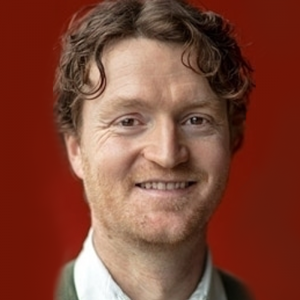
Rense Corten is Associate Professor at the Department of Sociology. His research revolves around the themes of cooperation, trust, and (the dynamics of) social networks, with empirical applications including adolescent networks, social media, the sharing economy, online criminal networks, and laboratory experiments. In 2016 he received an NWO Vidi grant for a research project on the origins and consequences of trust in the sharing economy.
He obtained his PhD in social sciences in 2009 and his doctorate in sociology in 2004 at Utrecht University.
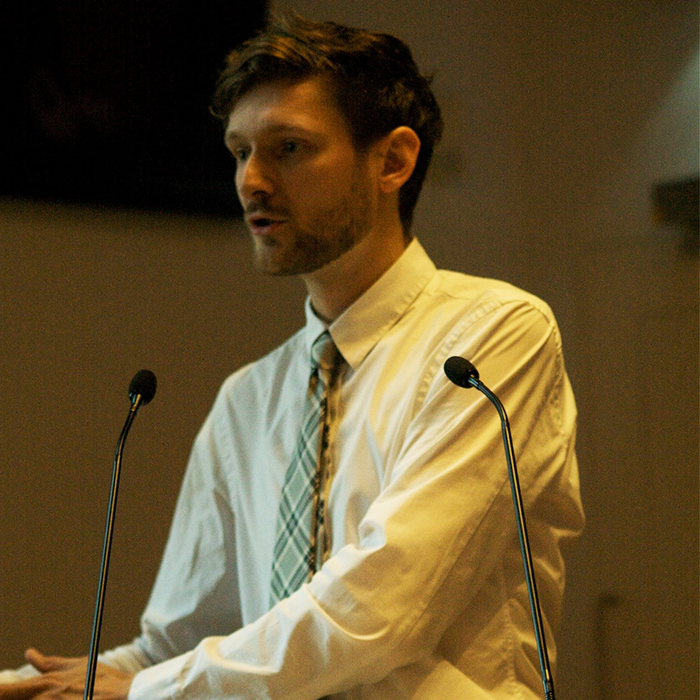
Willem Boterman
Willem Boterman is Associate Professor Urban Geography at the University of Amsterdam. He combines qualitative and quantitative methods in his interdisciplinary work into the relationship between spatial and social inequalities. His work is primarily concerned with segregation in neighborhoods and schools, but also with formations of social class and gender.
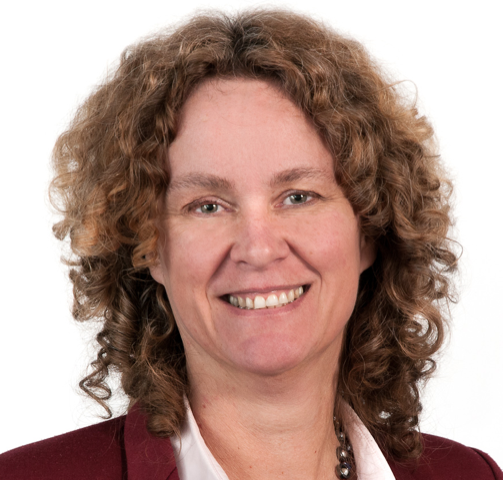
Marjolijn Das
Marjolijn Das works as a senior statistical researcher at Statistics Netherlands and is an endowed professor of Urban Statistics at the Erasmus School of Social and Behavioural Sciences, Erasmus University Rotterdam, appointed within the Leiden-Delft-Erasmus Centre for BOLD Cities. Her research focuses on quantitative social research with large-scale register data. For a number of years, she has been working with the whole population network derived by CBS. Her research theme is the interplay between people and their urban/social environment. She published on spatial inequalities, mobility in the life course, social and family networks and the intergenerational transmission of education. She holds a PhD in Ethology from Utrecht University
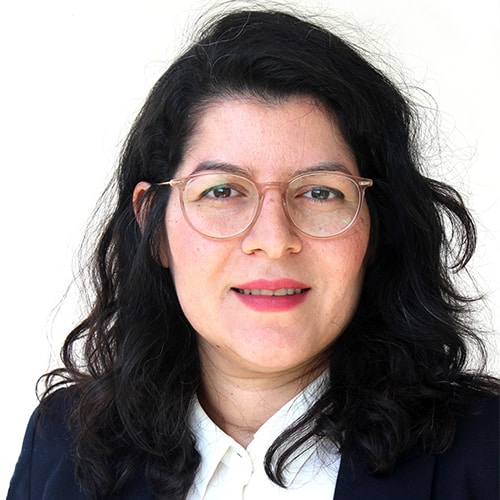
Fariba Karimi
Fariba Karimi is leading the Network Inequality group at Complexity Science Hub.
Her expertise encompasses network analysis, computational social science, data science, and agent-based modeling. Her current research focuses on emergence of inequalities and biases in social networks and online algorithms. She has recently awarded a Digital Humanism grant to study the impact of algorithms on exacerbating social inequalities.
Her research appears in leading journals including Nature Human Behavior, Scientific Reports, Nature Humanities and Social Sciences Communications, Advances in Complex Systems, and EPJ Data Science. She is among the 7 candidates for the Hedy Lamarr Prize of the city of Vienna honoring women researchers in Austria for their outstanding achievements in the field of information technology.
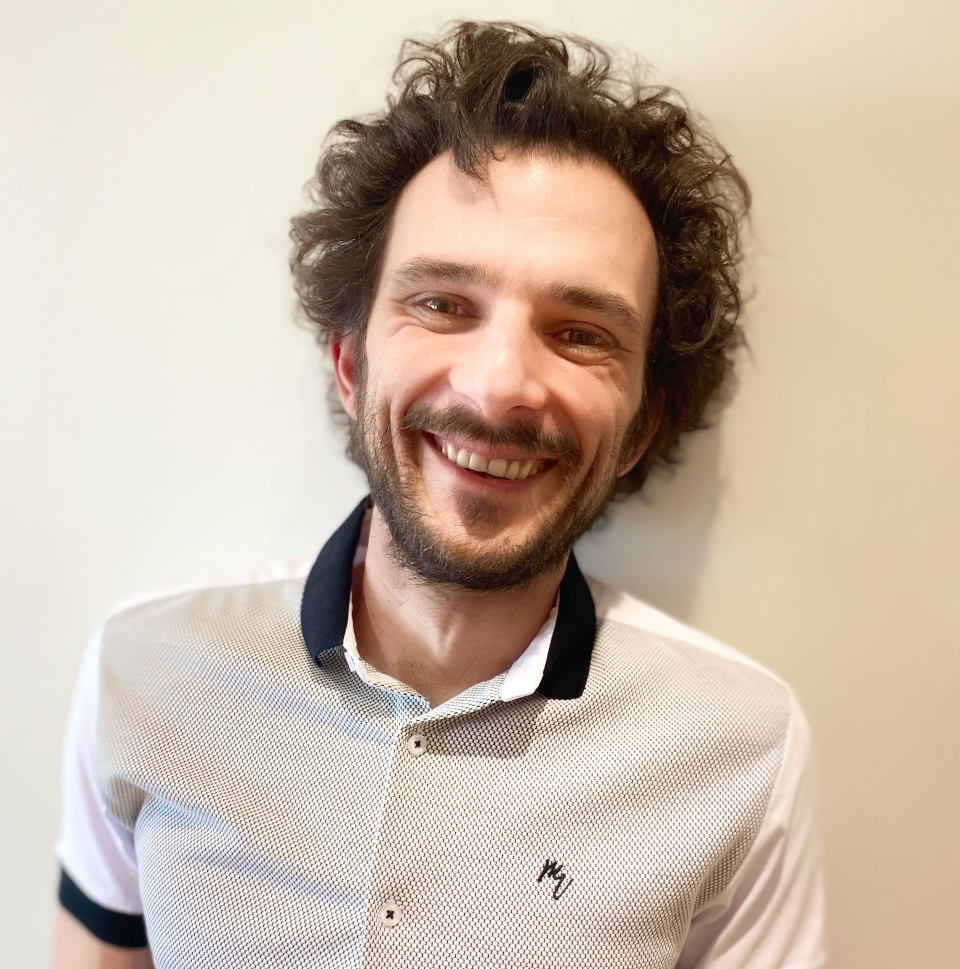
David Schoch
David came to Manchester in September 2018 as a Presidential Fellow in Sociology. He received his PhD in 2015 at the Department of Computer and Information Science, University of Konstanz, Germany. During that time, He was also a member of the Graduate School of Decision Sciences. His thesis focused on theoretical advancements for network centrality in the field of social network analysis. He continued as a postdoctoral researcher at the University of Konstanz (11/2015-10/2017) and ETH Zurich (11/2017-8/2018). David also holds a diploma in economathematics from the Karlsruhe Institute of Technology, Germany.
In his current research, he focuses on methodological and theoretical contributions to the field of Social Network Analysis. Additionally, he is involved in a project on disinformation campaigns on social media platforms (“political astroturfing”).
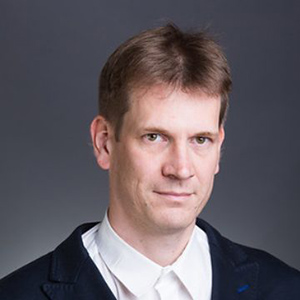
Lőrincz László
László Lőrincz is a Sociologist (Ph.D) at NETI Lab at Corvinus University, and ANet Lab at Research Centre for Economic and Regional Studies. He joined the Research Centre for Economic and Regional Studies in 2013, after working in the government, and in the private sector. He works at Corvinus University since 2016. His research includes adoption and collapse of online social networks, and network aspects of labor mobility and migration. His work was published in Social Networks, Journal of Technology Transfer and Applied Network Science.
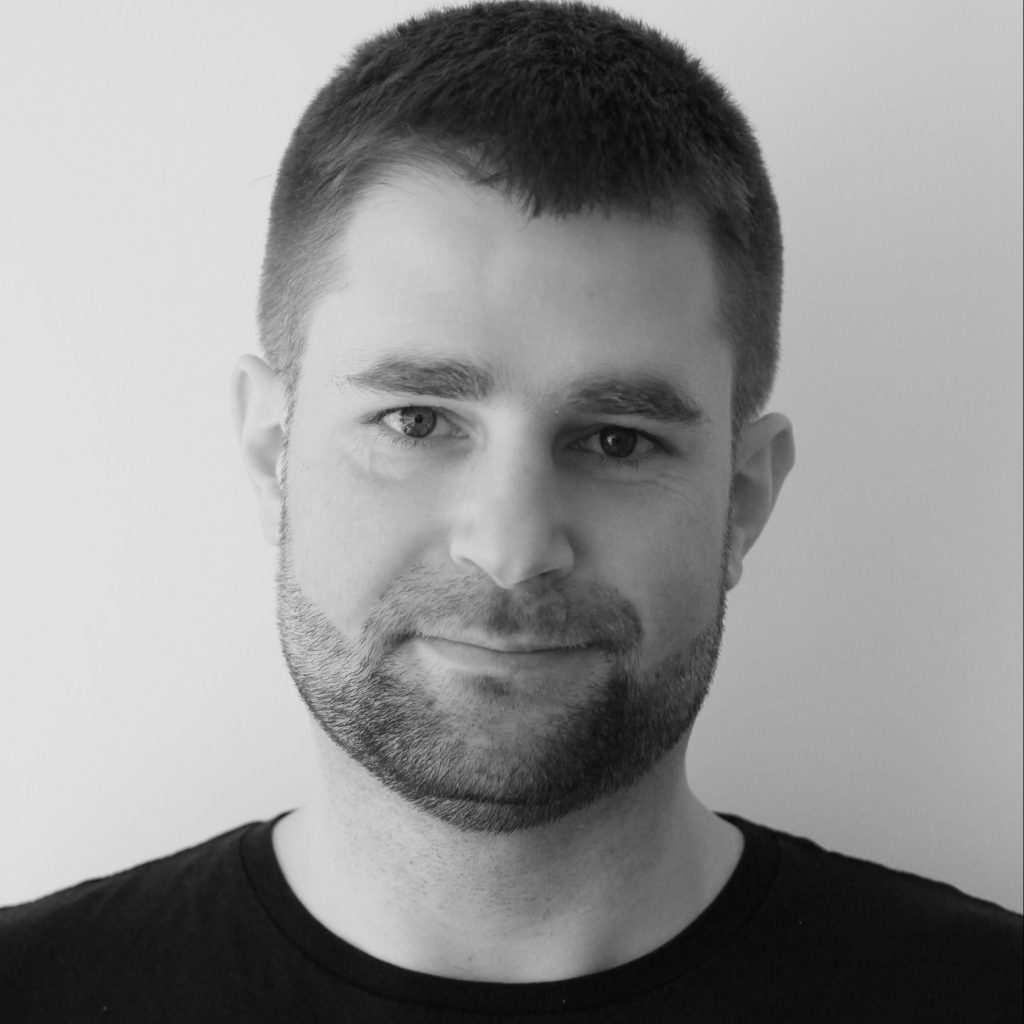
Márton Karsai
Márton Karsai, PhD, Habil., is an Associate Professor in the Department of Network and Data Science at the Central European University, researcher at the Rényi Institute of Mathematics, and fellow of the ISI Foundation in Torino. His research interest falls within human dynamics, computational social science, and data science, especially focusing on heterogeneous temporal dynamics, spatial and temporal networks, socioeconomic systems and social contagion phenomena. His main expertise is in analysing large human interaction datasets and in the development of data-driven models of various social phenomena.
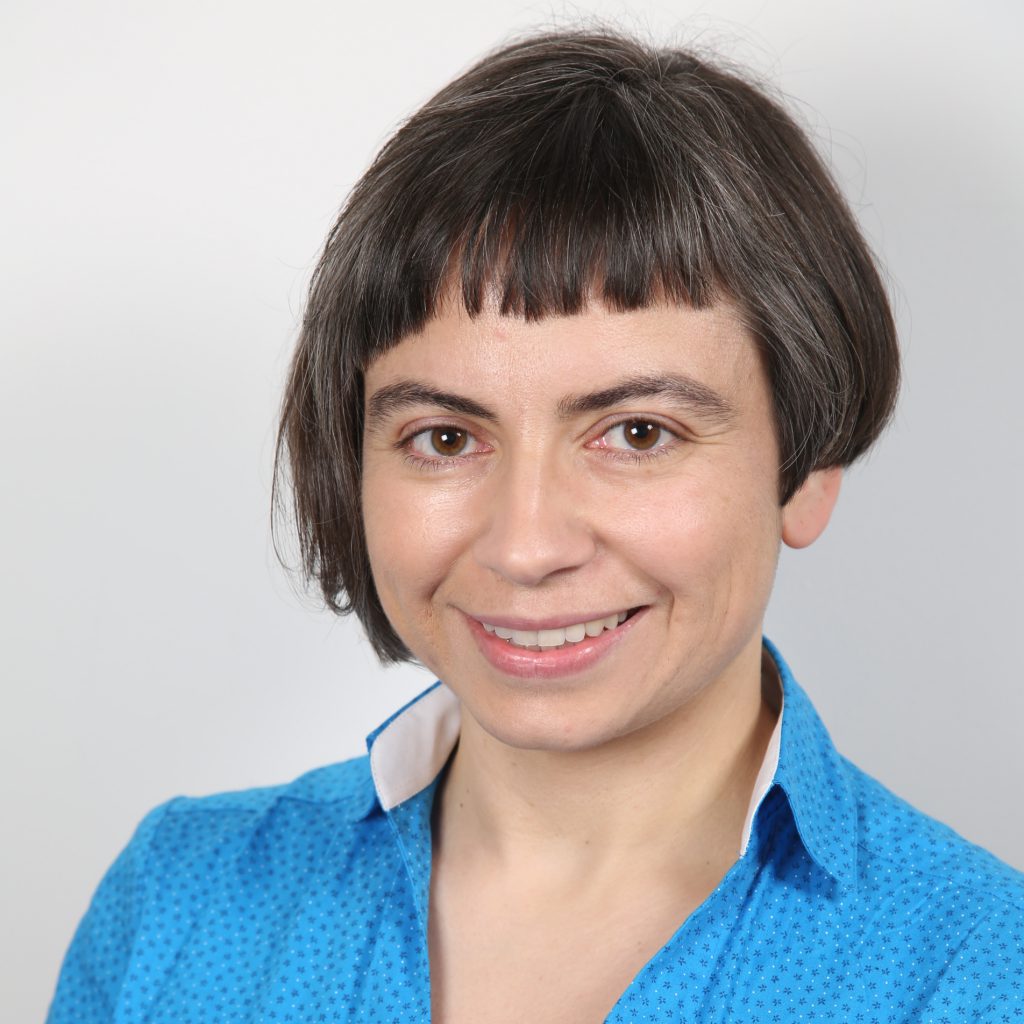
Milena Tsvetkova
Milena Tsvetkova is Assistant Professor of Computational Social Science at the Department of Methodology at the London School of Economics and Political Science. She completed her PhD in Sociology at Cornell University and postdoctoral research at the Oxford Internet Institute. Her research interests lie in the fields of computational social science. She uses large-scale web-based social interaction experiments, network analysis of online data, and agent-based modelling to investigate fundamental social phenomena such as cooperation, social contagion, segregation, and inequality.
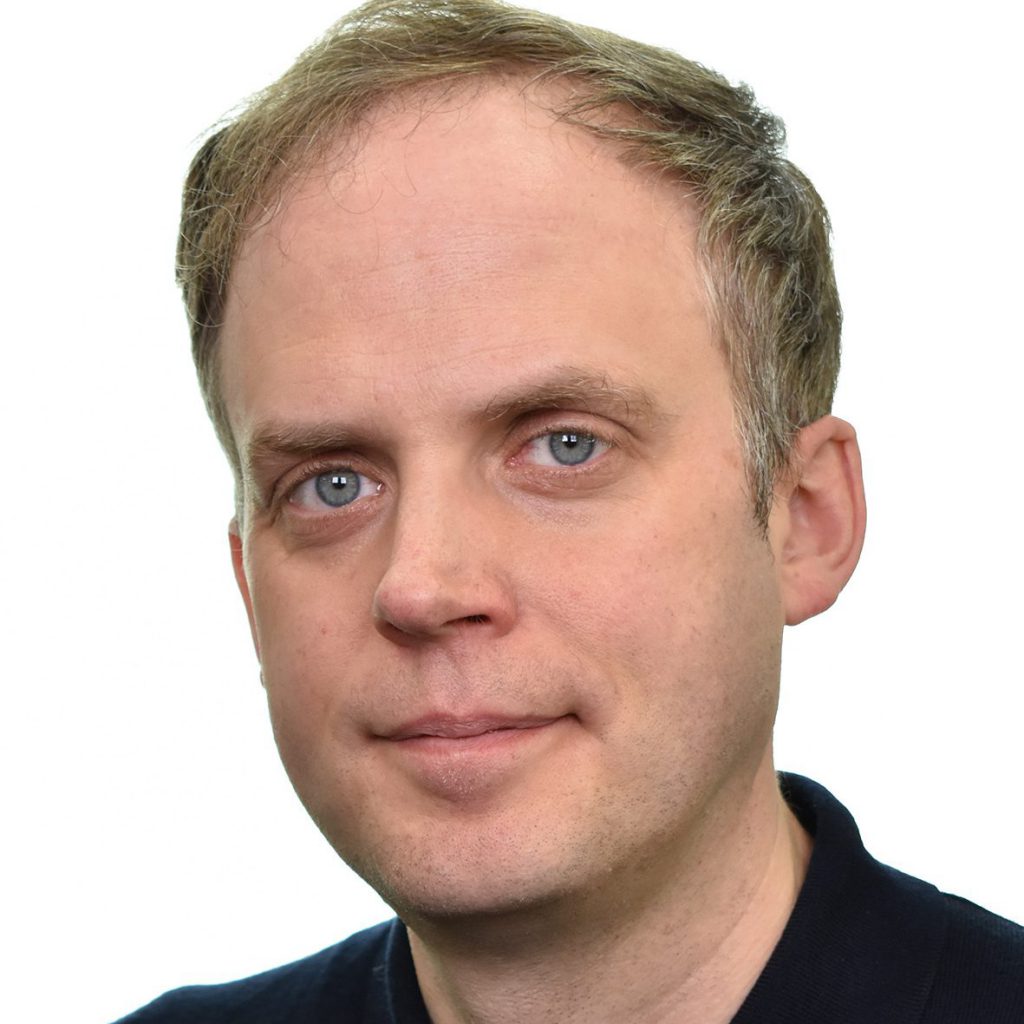
Tobias Blanke
Tobias Blanke is Distinguished University Professor of Artificial Intelligence and Humanities at the University of Amsterdam and project partner of POPNET.
His academic background is in moral philosophy and computer science. Tobias’ principal research interests lie in the development and research of artificial intelligence and big data devices as well as infrastructures for research, particularly in the human sciences. Recently, he has also extensively published on ethical questions of AI like predictive policing or algorithmic otherings, as well as critical digital practices and the engagement with digital platforms.
Tobias’ monographs include most recently Digital Asset Ecosystems – Rethinking Crowds and Clouds, which offers a new perspective on the collaboration between humans and computers in global digital workflows. He is currently writing a book on the socio-economic position of AI called ‘Algorithmic Reason – the Governance of Self and Other’.
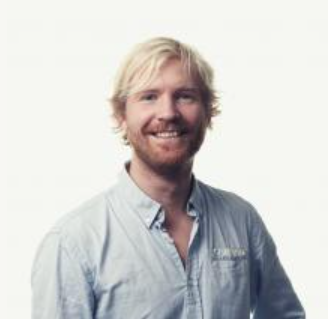
Lasse Folke Henriksen
Lasse Folke Henriksen is Associate Professor at Copenhagen Business School. Henriksen’s research interests involve: social networks in organisations and markets; experts and professions in governance and policy; the socio-economic and political prominence of corporate elite; inequality in a comparative perspective; and the politics of conservation and environmental sustainability. His work frequently deploys social network analytic tools to trace the origins of social and political action. Henriksen is the author of several books and he has published in journals such as Organization; Social Networks; Regulation & Governance; Global Networks; and International Political Sociology.

